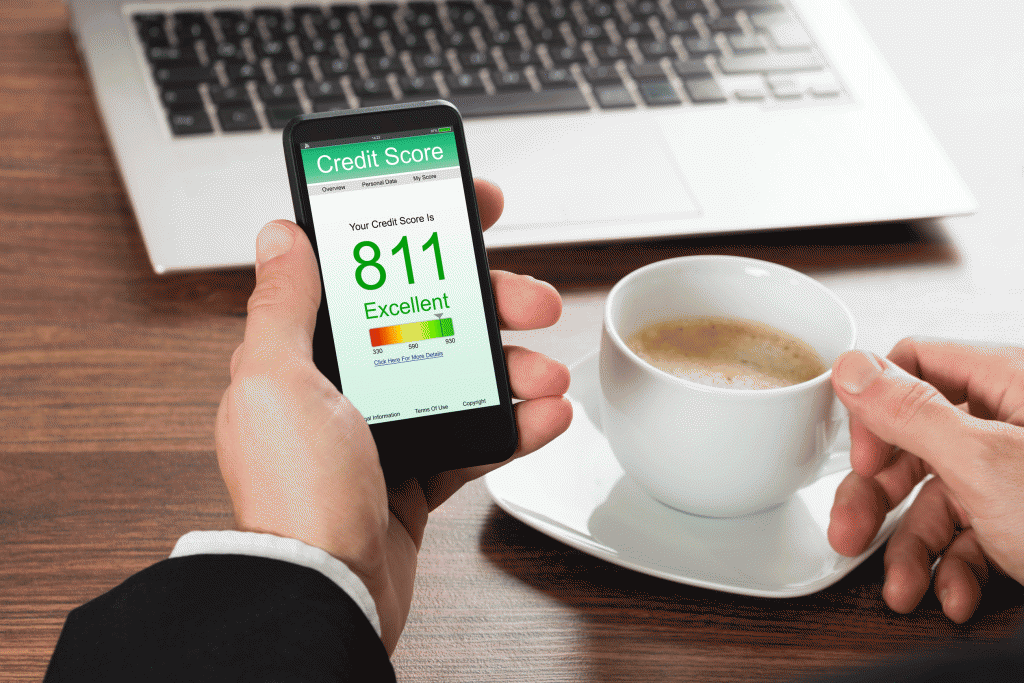Finding a £1000 loan when you have bad credit can be challenging. Many lenders see bad credit as a red flag. However, it’s not impossible to get the financial help you need. This guide will help you understand how to navigate the process, what to expect, and how to improve your chances of getting approved.
Bad Credit
Before diving into the tips, it’s important to understand what bad credit is. Bad credit means you have a low credit score. This can be due to missed payments, defaults, or other financial issues. Lenders see a low credit score as a sign that you might not repay the loan on time.
Why It’s Harder to Get a Loan with Bad Credit
Lenders want to ensure that they will receive their money back. When you have bad credit, they see you as a risk. This makes them less likely to lend you money, or they might offer you loans with higher interest rates. Higher interest rates mean you will pay more money back over time.
Steps to Take Before Applying
Check Your Credit Score
First, check your credit score. Knowing your score will help you understand where you stand. There are free services online that can provide your credit report. Look for any mistakes in your report and dispute them if necessary. Correcting errors can improve your score quickly.
Understand Your Financial Situation
Next, look at your current financial situation. Know how much money you have coming in and going out each month. This will help you decide if you can afford a £1000 loan. Create a budget to determine where you can minimise costs.
Improving Your Chances
Provide Collateral
One way to improve your chances is by providing collateral. Collateral is something valuable you own, like a car or property, that you offer to the lender in case you can’t repay the loan. This gives the lender some security and makes them more likely to approve your loan.
Get a Co-signer
Another option is to get a co-signer. A co-signer is someone with good credit who agrees to repay the loan if you can’t. This reduces the risk for the lender. However, remember that if you fail to make payments, your co-signer will be responsible for the debt.
Apply for a Smaller Amount
If a 1000 loan bad credit seems hard to get, consider applying for a smaller amount. Smaller loans are less risky for lenders, and you might have a better chance of getting approved. Once you repay a smaller loan on time, it can improve your credit score, making it easier to get larger loans in the future.
Where to Look for Loans
Credit Unions
Credit unions are a good place to start. They frequently give loans to persons with bad credit. Credit unions are member-owned and not-for-profit, so they may be more willing to work with you.
Online Lenders
Online lenders can also be an option. Some online lenders specialise in loans for people with bad credit. Compare multiple lenders to obtain the best terms and interest rates. Make sure to read reviews and check if the lender is reputable.
Peer-to-Peer Lending
Peer-to-peer lending platforms connect borrowers with individual investors. These platforms sometimes offer better rates than traditional lenders. You will need to create a profile and explain why you need the loan, and investors decide whether to fund your request.
Managing Your Loan
Read the Fine Print
Before you sign any loan agreement, read the fine print. Make sure you understand all the terms and conditions. Look out for hidden fees and prepayment penalties. Knowing what you are agreeing to will prevent any surprises later.
Make Payments on Time
Once you get the loan, make sure to make your payments on time. Late payments can further damage your credit score and incur extra fees. Set up reminders or automatic payments to avoid missing any due dates.
Communicate with Your Lender
If you find yourself struggling to make payments, communicate with your lender. Many lenders are willing to work with you if you are honest about your situation. They might offer a payment plan or other solutions to help you avoid defaulting on the loan.
Alternatives to Loans
Borrow from Friends or Family
If getting a loan seems too risky, consider borrowing from friends or family. This can be less formal and might come with lower or no interest. Make sure to agree on repayment terms to avoid any misunderstandings.
Use Savings
If you have savings, using them might be a better option than taking out a loan. This way, you won’t incur any debt or interest. However, make sure to leave enough savings for emergencies.
Seek Financial Counseling
If you are unsure about taking out a loan, seek financial counselling. A financial advisor can help you understand your options and create a plan to improve your financial situation.
Conclusion
Getting a £1000 loan with bad credit is challenging, but not impossible. By understanding your credit score, exploring different lenders, and considering alternatives, you can find a solution that works for you. Remember to read the fine print, make timely payments, and communicate with your lender. You can navigate the loan process successfully with careful planning and responsible borrowing.





